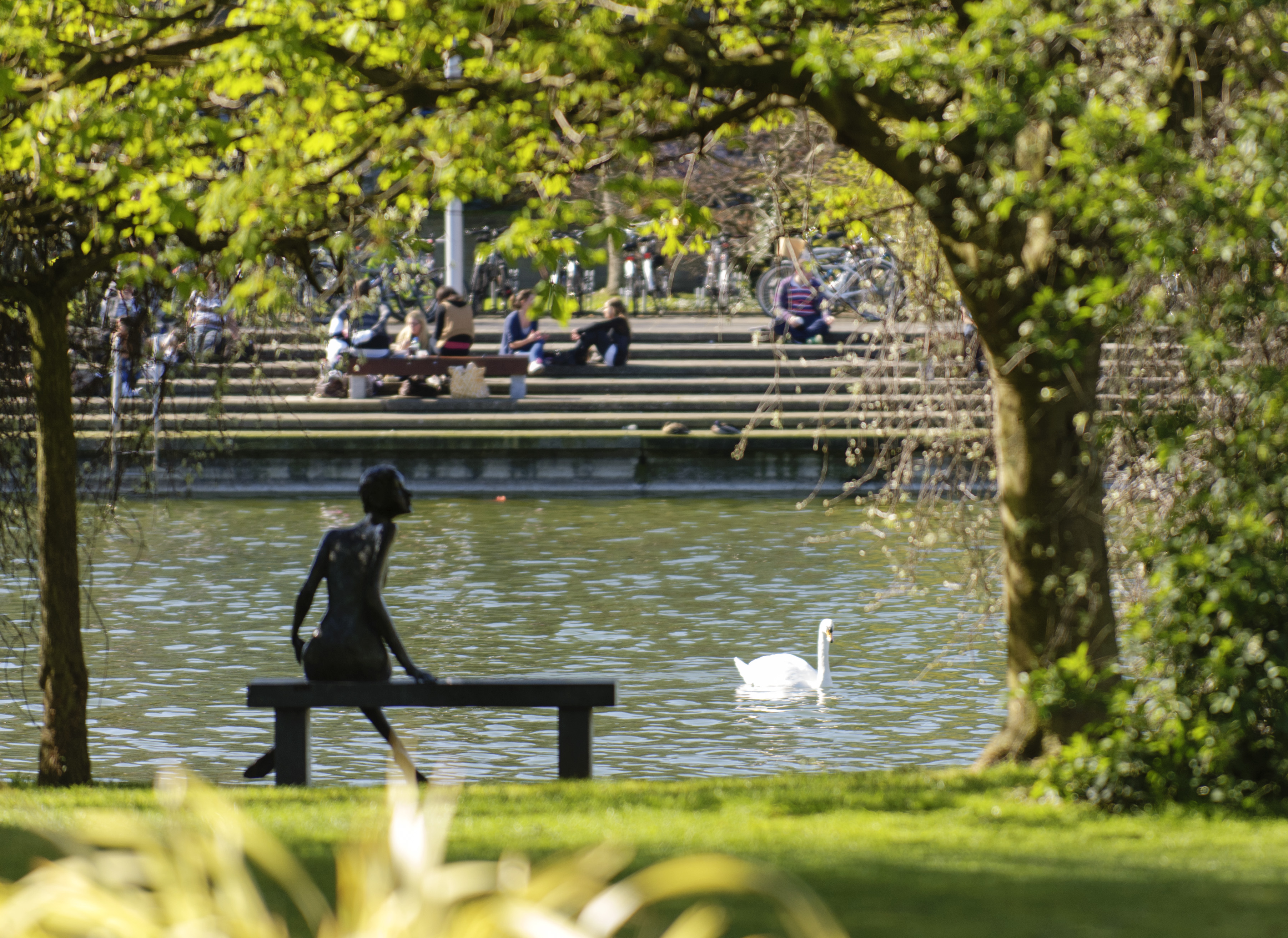UCD recognises the importance of sustainable waste management practices. UCD produces approx. 2,000 tonnes of Mixed Municipal Wastes per annum. Through processes used by its waste management service providers, less than 10% of this waste ends up in landfill.
To date, most of the segregation process takes place off site, with over 20% of this waste being directly recycled and a large percentage of the remainder being used for the generation of energy, with food waste being composted.
Estate Services is working to achieve higher direct recycling rates, alterations to the management of the external component of the waste management process has taken place over the last 18 months and systems are now in place to manage the transport and bulk collection of different waste streams.
Research into the management of waste via source segregation is underway, with a number of different systems operating on site at present – though this Estate Services aims to identify the methods most appropriate for the University to increase recycling rates in line with best practice. A trial project is underway in the Agriculture and Food Science Building to investigate in-building waste segregation for the academic section of the campus.
Specialist waste management contractors manage hazardous and clinical waste according to best practice and legislative requirements.
There is already extensive on-site segregation in the UCD Student Residences, residents are provided with facilities to manage their waste into four separate streams:
• Mixed Dry Recyclables
• Glass Bottles and jars
• Compost and Food waste
• General non-recyclable waste


